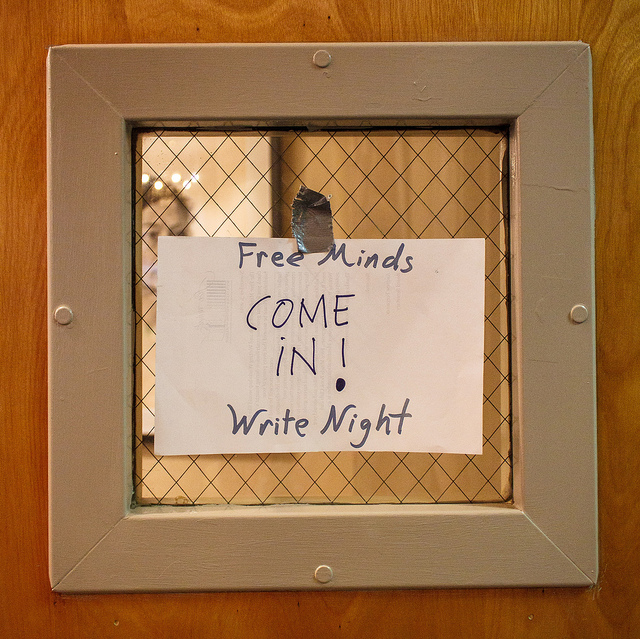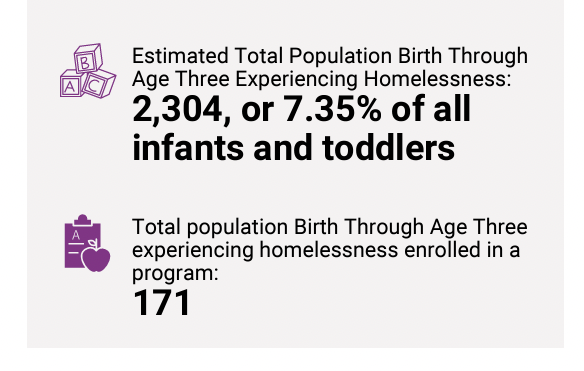If you’re a 17-year-old stuck in solitary confinement day-in and day-out at the DC jail, you may feel at a loss for words. But across the city, in the basement of the Church of the Pilgrims near Dupont Circle, a group of volunteers is dedicated to breaking through that sense of isolation with books.
The Free Minds Book Club and Writing Workshop was founded in 2002 by codirectors Kelli Taylor
and Tara Libert after Taylor formed a friendship with a young inmate on Texas’ death row. His world
was transformed by reading and writing as books were sent to him in prison. After his execution,
Taylor and Libert felt called to use books as a tool to connect with teenagers.
“We have too many incarcerated youth and are failing to do anything about it,” said Libert.
The Book Club meets weekly with teenagers in the DC jail, where members discuss a book or participate in creative writing workshops. A majority of them face three to seven year sentences but some are in for more lengthy ones, even life.
DC prisoners are relocated to federal prisons when they turn 18. While many of them are far away
from loved ones and moral support, Free Minds continues to have a relationship with them, mailing
them books, writing assignments, and most importantly, feedback on their own writ- ing. This is
where the community steps in.
Volunteers in the Church of the Pilgrims basement meet once a month for Write Nights. They gather around tables covered in printed sheets of Free Minds members’ poetry. The volunteers, who are artists, students, or writers themselves, have one goal: cover each poem with as much posi- tive feedback, as many drawings, and as many words of support as possible.
“I haven’t read poetry since high school,” Melanie, a volunteer, said as she wrote a comment on one
of the poems. “This is the best poetry I’ve ever read.”
The poetry is then sent back to the individuals in prison. It’s a simple but important way of validating their writing skills and also their personal stories, as most of the poetry is about their regrets, family or life before prison.
And the best part is that the scribbled notes from strangers on their poetry mean the world to
them.
“Reading the comments is the highlight of their week,” Libert said.
Kuron Callelo is one of three formerly incarcerated men at the Write Night. Each man takes a turn
sharing with the volunteers how important the program was to them while serving time.
“Free Minds is a blessing. It inspired me to do things I never thought I could. It is the reason I
picked up a book in the first place,” he said.
Libert reminds the volunteers that although the men are behind bars, their minds are not.
“They are speaking. You are listening. And that’s important,” she says.








